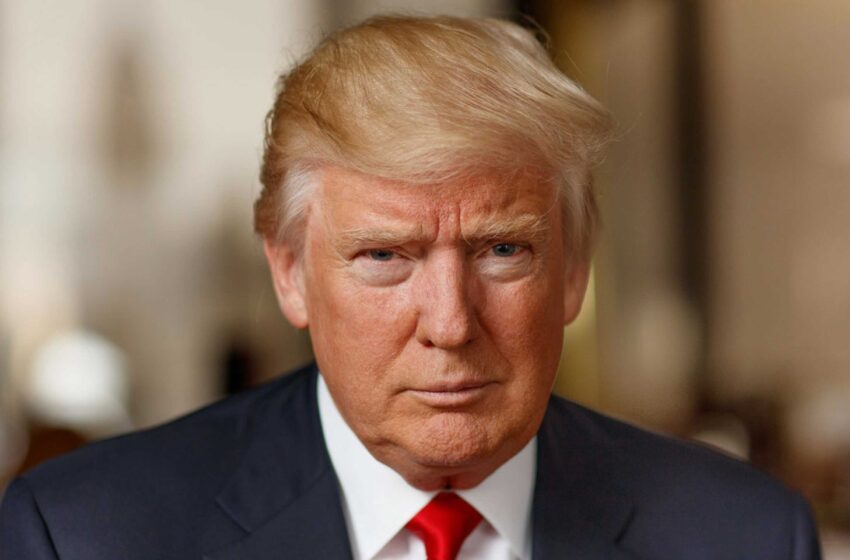Trump’s takeover in DC: What Section 740 means for you — and your rights

Donald Trump. Picture: David Hume Kennerly/Getty Images
For the first time in Washington DC’s history, a U.S. president has invoked Section 740 of the District of Columbia Home Rule Act to seize control of the city’s police force and deploy the National Guard. President Donald Trump’s move — described by critics as an unprecedented assault on DC’s autonomy — has sparked fierce debate about local control, civil liberties, and the limits of presidential power.
If you’re a DC resident, here’s what this law actually says, how long it can last, and most importantly, what your rights are during this federal takeover.
1. What is Section 740 of the District of Columbia Home Rule Act?
Section 740 is a provision that allows the U.S. president to temporarily take control of Washington DC’s local police force — the Metropolitan Police Department — if the president declares that there are “special conditions” requiring it.
READ ALSO
Trump’s DC police takeover: What it means for law, politics, and civil liberties in America
Is Trump’s federal takeover of Washington DC about safety or politics?
2. How long can the president control the DC police under Section 740?
The president can only keep control for 30 days without Congress passing a law to extend it.
3. Does the president need the mayor’s permission?
No. The mayor is required by law to provide the police services the president deems necessary during the takeover.
4. What does federal control mean in practice?
It means the police will report directly to federal officials (like the U.S. Attorney General) instead of the DC mayor. The president can also deploy National Guard troops and other federal law enforcement agencies to work with the police.
5. What rights do DC residents still have during a takeover?
Your constitutional rights remain in place: freedom of speech, right to protest peacefully, right to legal counsel if arrested, and protection from unlawful searches or seizures. Federal control does not cancel these rights.
6. Can residents challenge the takeover?
Yes. Individuals, advocacy groups, or the DC government can file lawsuits claiming the president exceeded his authority or violated rights.
7. Has Section 740 been used before?
No — this is the first time in Washington DC’s history that the president has taken control of the city’s police under Section 740.
8. What should residents watch for next?
-
Any legal challenges filed in court.
-
Congressional hearings or votes to stop or extend the takeover.
-
How federal forces behave toward the public during the 30-day period.
Know Your Rights: Quick Guide for DC Residents
-
If stopped by police or federal agents
-
Stay calm and keep your hands visible.
-
Ask if you are free to go. If yes, leave calmly.
-
If not, you have the right to know why you are being detained.
-
-
During protests
-
You have the right to protest peacefully.
-
Avoid blocking traffic or engaging in violence — this can lead to arrest.
-
You can film law enforcement as long as you don’t interfere with their work.
-
-
If arrested
-
You have the right to remain silent — say clearly, “I wish to remain silent.”
-
You have the right to speak to a lawyer before answering questions.
-
Do not sign anything without legal advice.
-
-
Searches
-
Police need a warrant, your consent, or probable cause to search your home.
-
You can refuse consent to a search of your belongings or property.
-
-
Federal presence
-
Different agencies (Capitol Police, ATF, National Guard, etc.) may be involved. Your rights are the same regardless of the badge or uniform.
-

